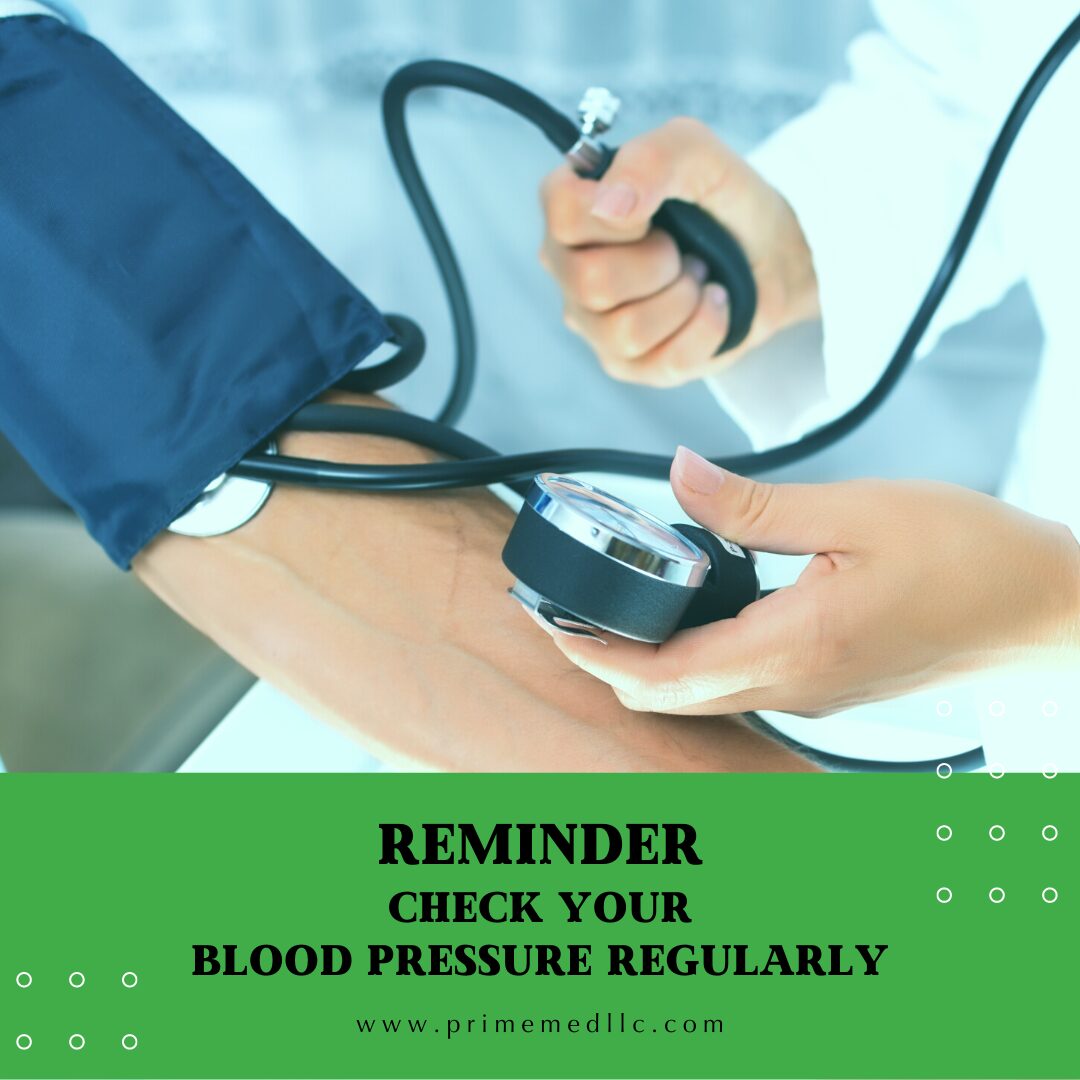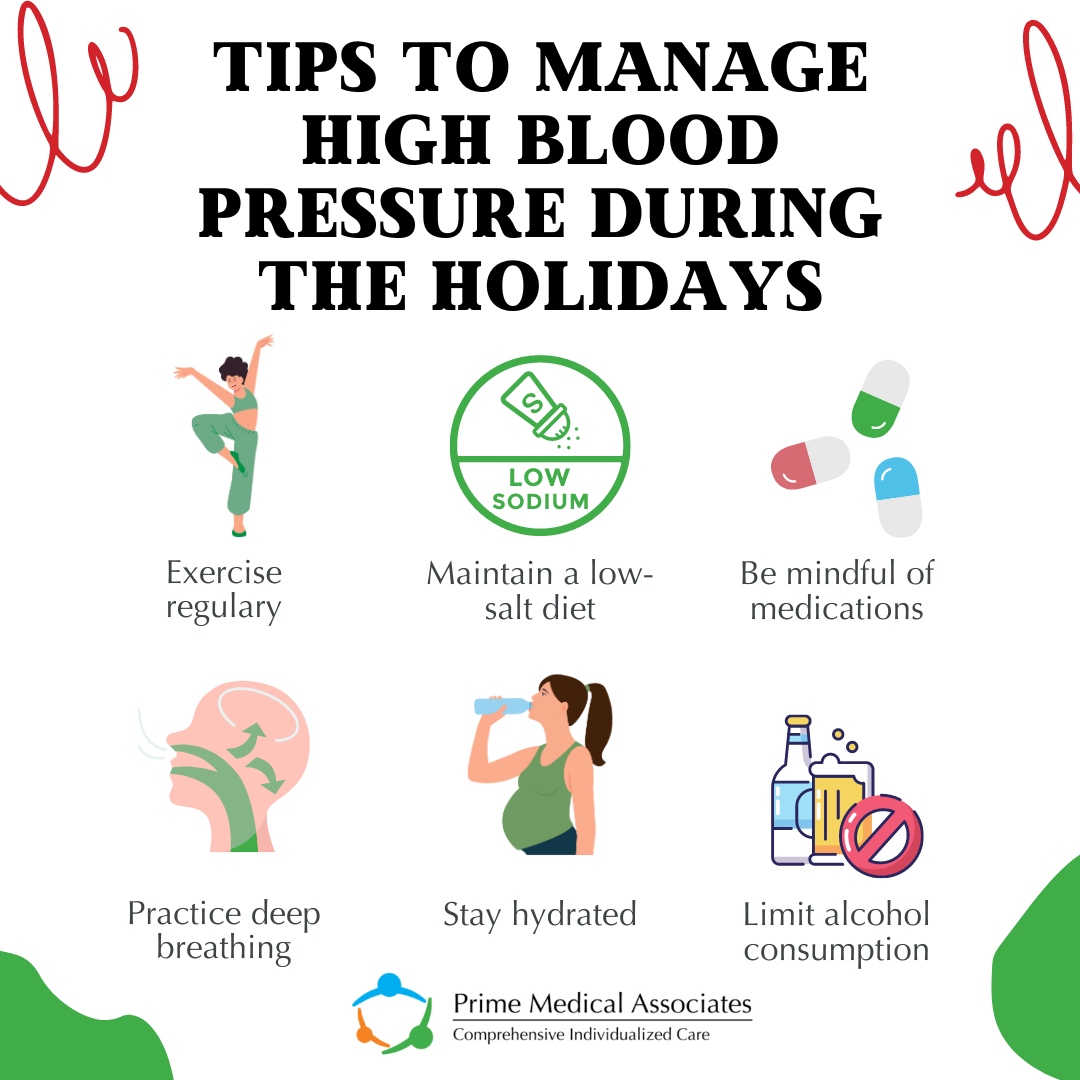
High blood pressure, also known as hypertension, is a common condition that affects millions of people worldwide. It is often referred to as the “silent killer” because it usually has no symptoms but can lead to serious health complications if left untreated.
Understanding and regularly monitoring your blood pressure is paramount for health management and early detection of hypertension. Often, hypertension shows no symptoms and can only be identified through regular checks. Consistent monitoring also helps prevent serious health problems like heart disease, stroke, kidney disease, and heart failure that could result from uncontrolled high blood pressure.

Blood pressure readings are essential in evaluating an individual’s risk for cardiovascular diseases, factoring in age, sex, cholesterol levels, and smoking habits. For those undergoing hypertension treatment, these readings help assess the effectiveness of their treatment, guiding necessary adjustments. Moreover, regular check-ups can serve as a catalyst for healthier lifestyle choices, such as balanced diet and regular exercise, which significantly impact blood pressure levels. In essence, comprehending and monitoring your blood pressure is a proactive measure towards maintaining overall health and avoiding potential complications.
Understanding High Blood Pressure and Hypertension
Blood pressure refers to the force exerted by your blood against the walls of your arteries as it circulates throughout your body.
Blood pressure can be calculated using two numbers:
- Systolic blood pressure- this represents when your heart beats and the pressure in the arteries caused by the beat.
- Diastolic blood pressure- this represents in between the beats of your heart, when your heart is at rest and the pressure in the arteries that occurs during this rest period.
The ideal blood pressure is between 90/60mmHg and 120/80mmHg. 90 and 120 being systolic and 60 and 80 being diastolic.
When this pressure is consistently too high (over 120/80mmHg), it’s called hypertension. There are two primary types of hypertension: primary (or essential) and secondary.
Causes of High Blood Pressure

The exact causes of high blood pressure can vary, but several factors have been identified that can contribute to its development. These include age, family history, race, sedentary lifestyle, poor diet, overweight or obesity, alcohol consumption, smoking, and stress. Hypertension develops overtime and can be a result of unhealthy life choices.
Interestingly, even the holiday season can lead to increased blood pressure. This is often due to a combination of factors like increased stress, overeating, excessive alcohol consumption, and lack of physical activity. In an article posted by the American Heart Association News, hormones related to stress have been associated with a heightened risk of developing high blood pressure. Moreover, stress can lead to depression, according to Brown, another condition that is correlated with elevated blood pressure levels.
Primary Hypertension vs. Secondary Hypertension
Primary hypertension is the most common type, accounting for about 90-95% of all cases. It develops gradually over time with no identifiable cause. A combination of genetic factors and unhealthy lifestyle choices such as poor diet, lack of exercise, and smoking are believed to play a key role. Primary hypertension may also be caused by a family history of high blood pressure or sleeping issues such as insomnia. It is not caused by medical conditions, but can be caused from the above factors. Additionally, primary hypertension can damage your blood vessels, which is why it is important to visit an experienced doctor who can provide personalized treatment to assist in hypertension.
Secondary hypertension, on the other hand, is caused by an underlying condition. It typically appears suddenly and causes higher blood pressure than does primary hypertension. Conditions that can lead to secondary hypertension include kidney disease, hormonal disorders, certain medications, and congenital heart defects. Symptoms are usually non-specific, but certain signs like resistant hypertension, sudden-onset blood pressure spikes, or a lack of family history of hypertension could indicate secondary hypertension.
In essence, while primary hypertension is usually a result of multiple factors and develops slowly, secondary hypertension is tied to a specific cause and tends to appear more abruptly.
Managing High Blood Pressure
Managing high blood pressure often involves a combination of lifestyle changes and medication. Here are some tips:
- Maintain a Healthy Weight: Being overweight can increase your risk of hypertension. Aim to maintain a healthy weight for your height and body type. Achieving this can be facilitated by a balanced diet and regular exercise, which not only help control weight but also promote overall cardiovascular health.
- Eat a Balanced Diet: Include plenty of fruits, vegetables, lean proteins, and whole grains in your diet. Limit salt, added sugars, and saturated fats.
- Stay Active: Regular physical activity can help lower your blood pressure and keep it at a healthy level. Exercise has been proven to reduce high blood pressure.
- Limit Alcohol and Quit Smoking: Both alcohol and tobacco can raise your blood pressure and damage your heart. Excessive alcohol consumption can lead to weight gain, indirectly contributing to high blood pressure, while smoking introduces harmful chemicals into your body that can increase your heart rate and tighten your arteries, both of which can cause your blood pressure to spike.
- Prioritize Getting a Good Sleep: Sleeping has an immense amount of research behind the benefits of it. When your body is in a sleeping state, this is where recovery happens and your body gets the proper rest it needs, especially with keeping a 6-8h sleeping schedule. People who sleep less than 6hs are at an increased risk of developing hypertension.
At Prime Medical, we understand that managing high blood pressure can be challenging, especially during the holiday season. Our dedicated team is here to provide personalized care and support to help you maintain a healthy blood pressure level. We offer comprehensive services, from preventive strategies to medication management, ensuring you get the best possible care.
You can read more on this chronic condition by clicking here.
Remember, early detection and management of high blood pressure can significantly reduce the risk of heart disease, stroke, and other complications. Make your health a priority this holiday season and schedule a check-up with Prime Medical today.
